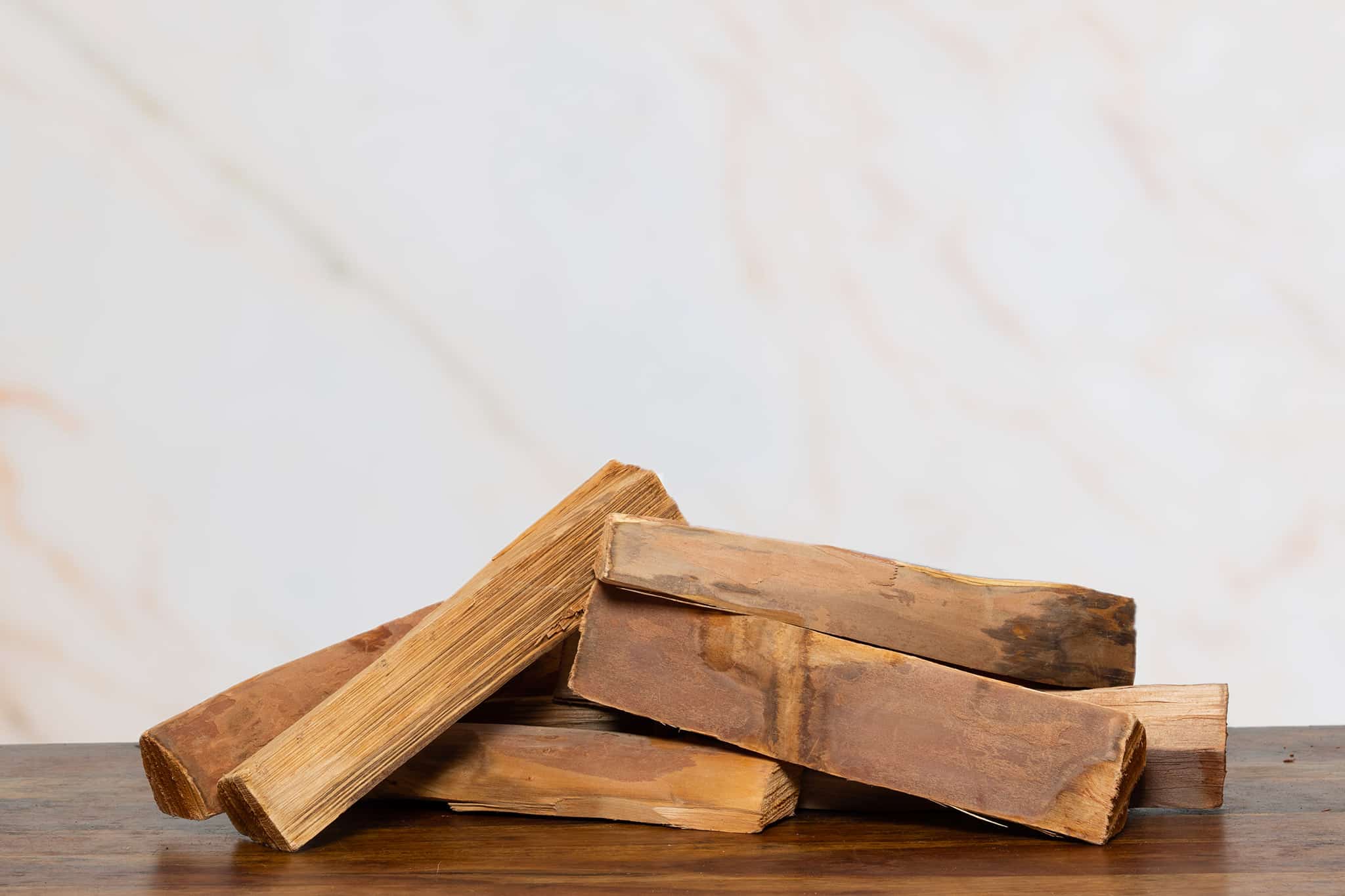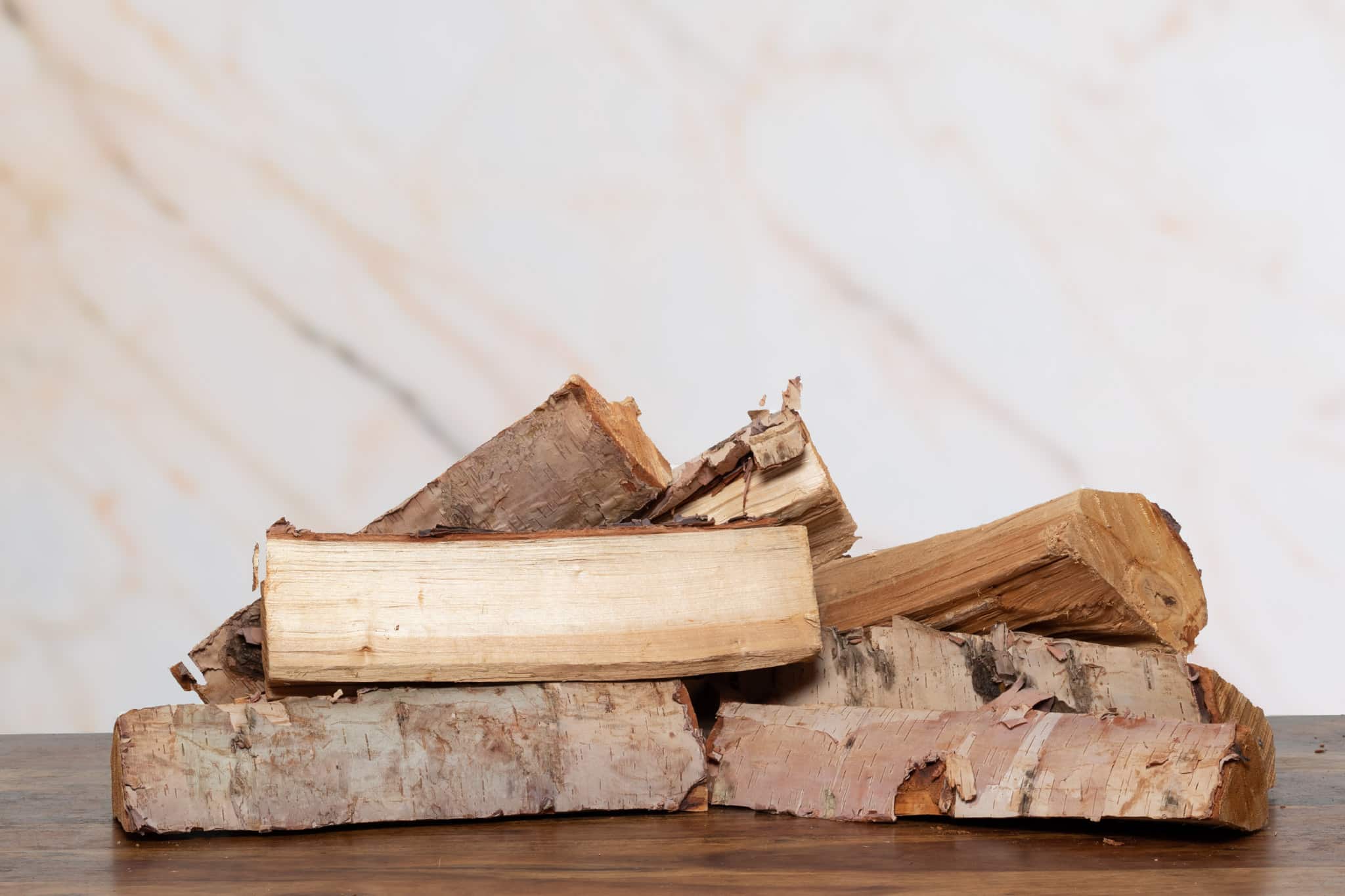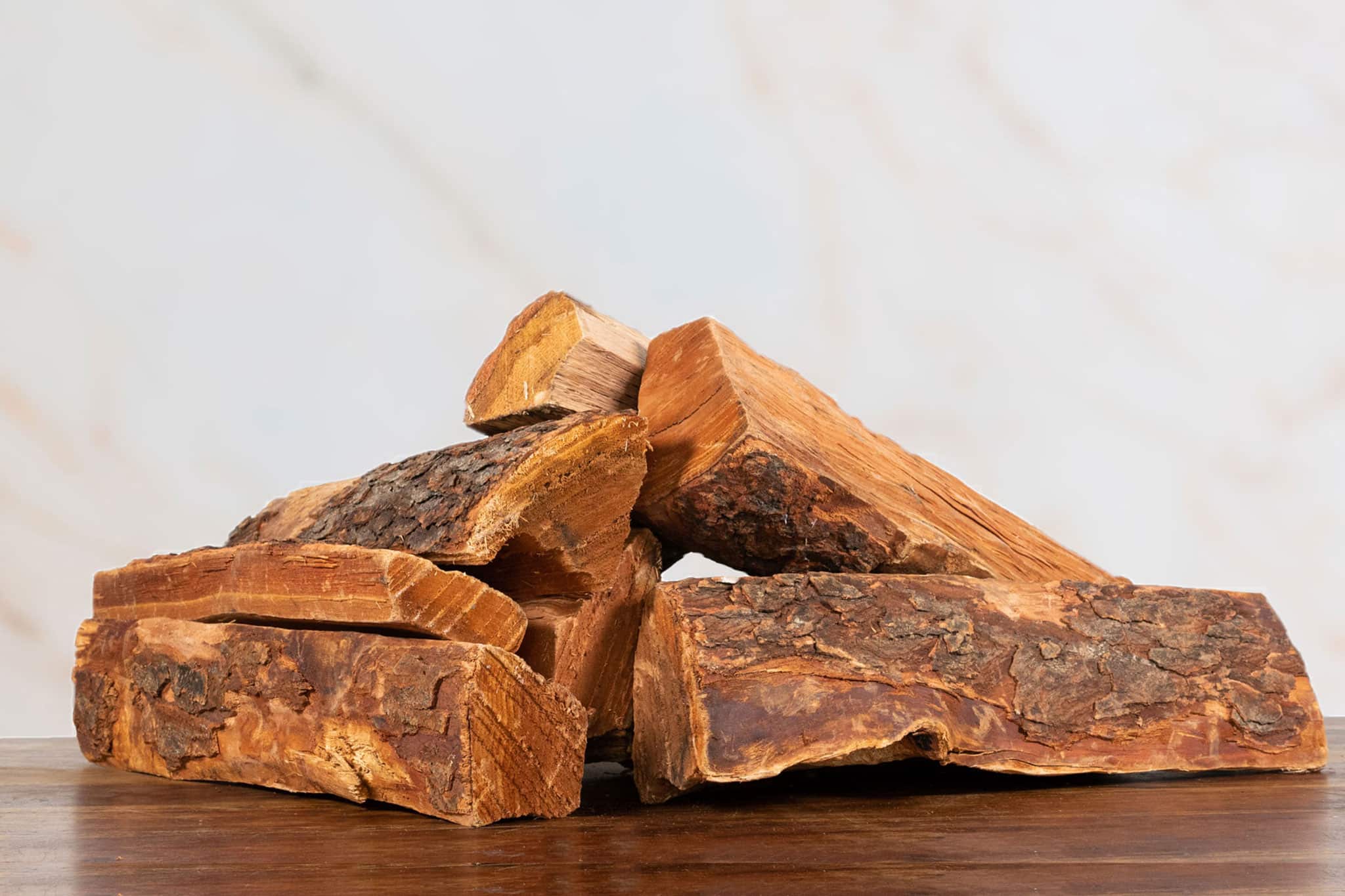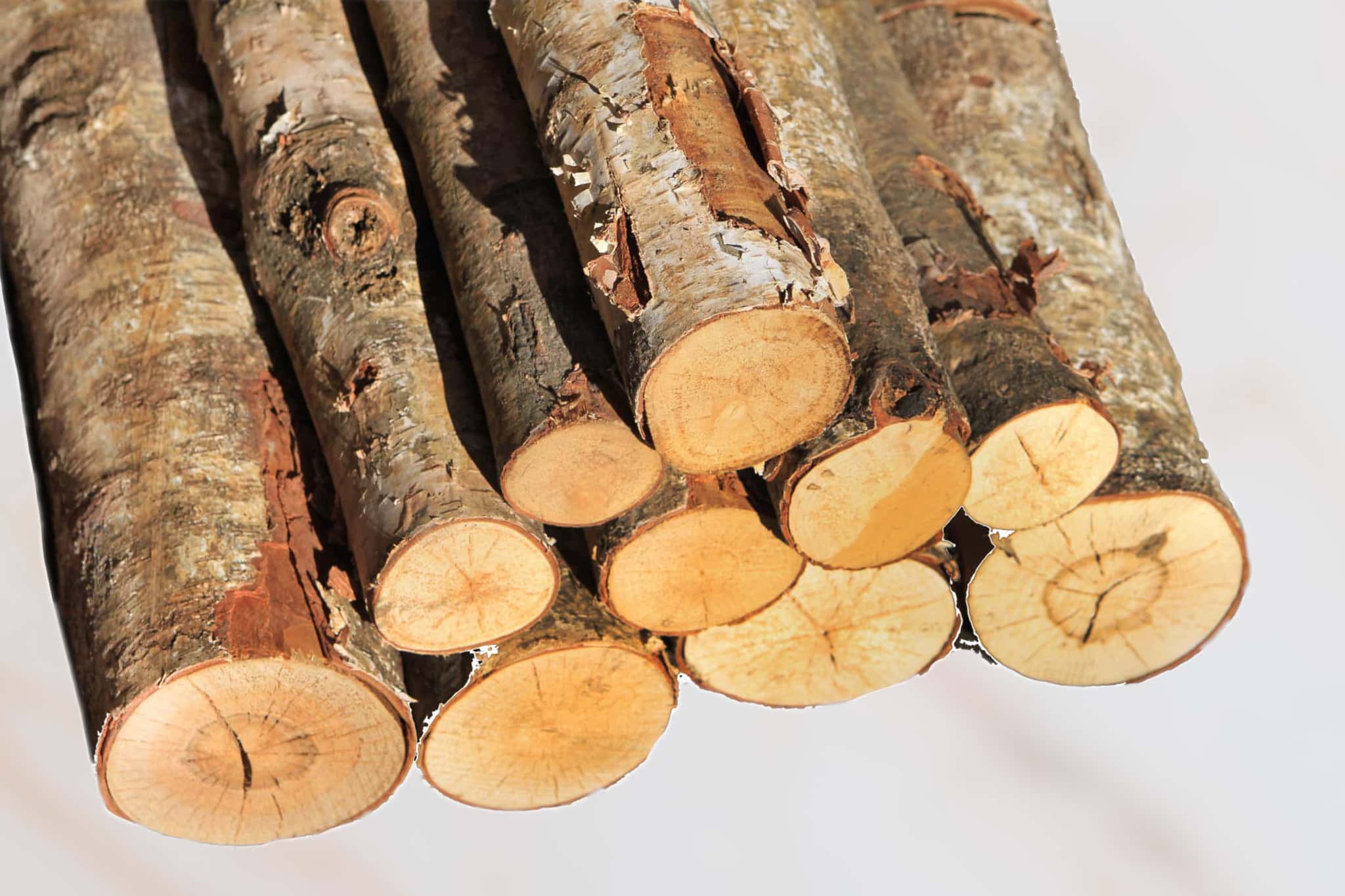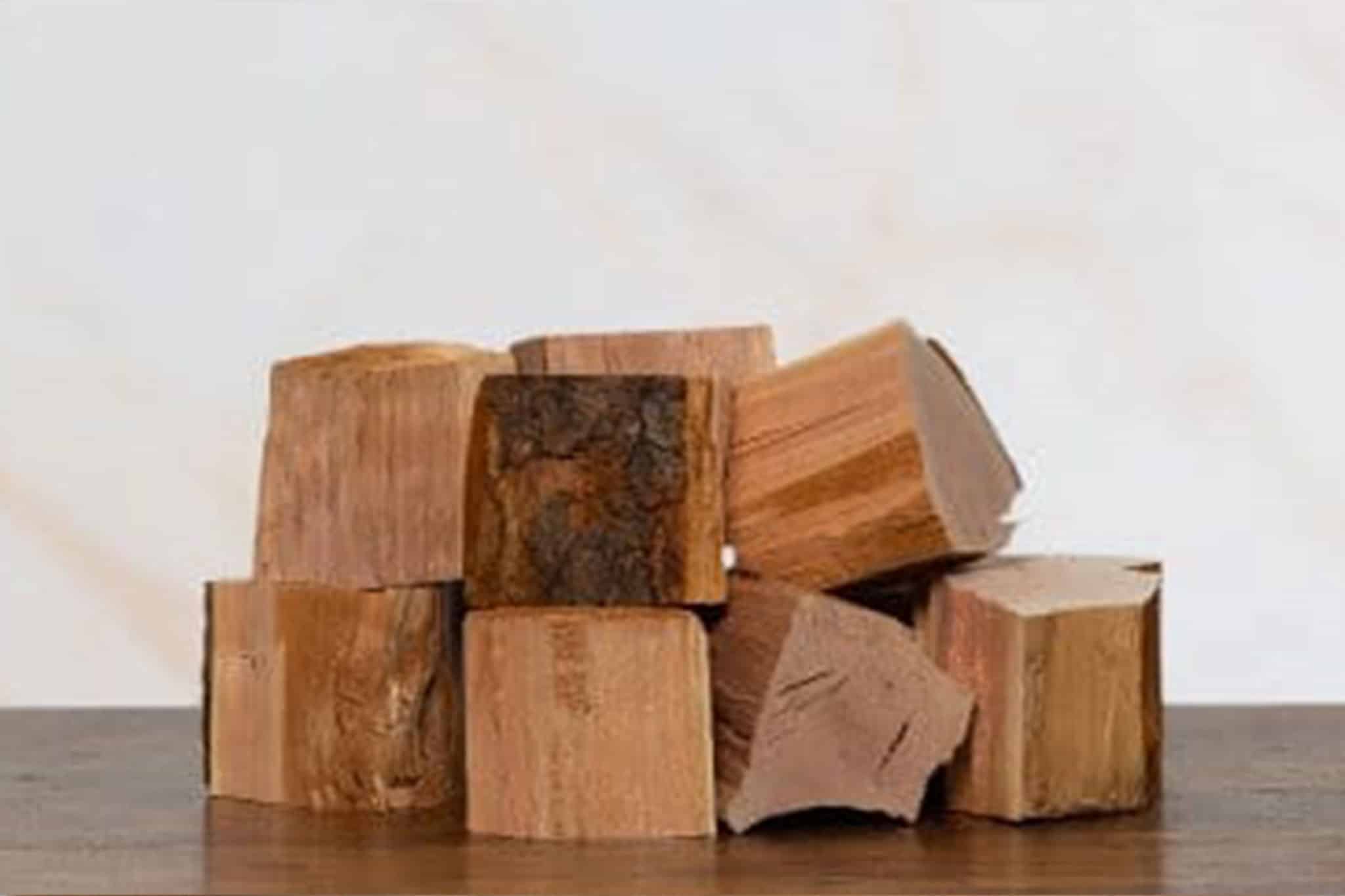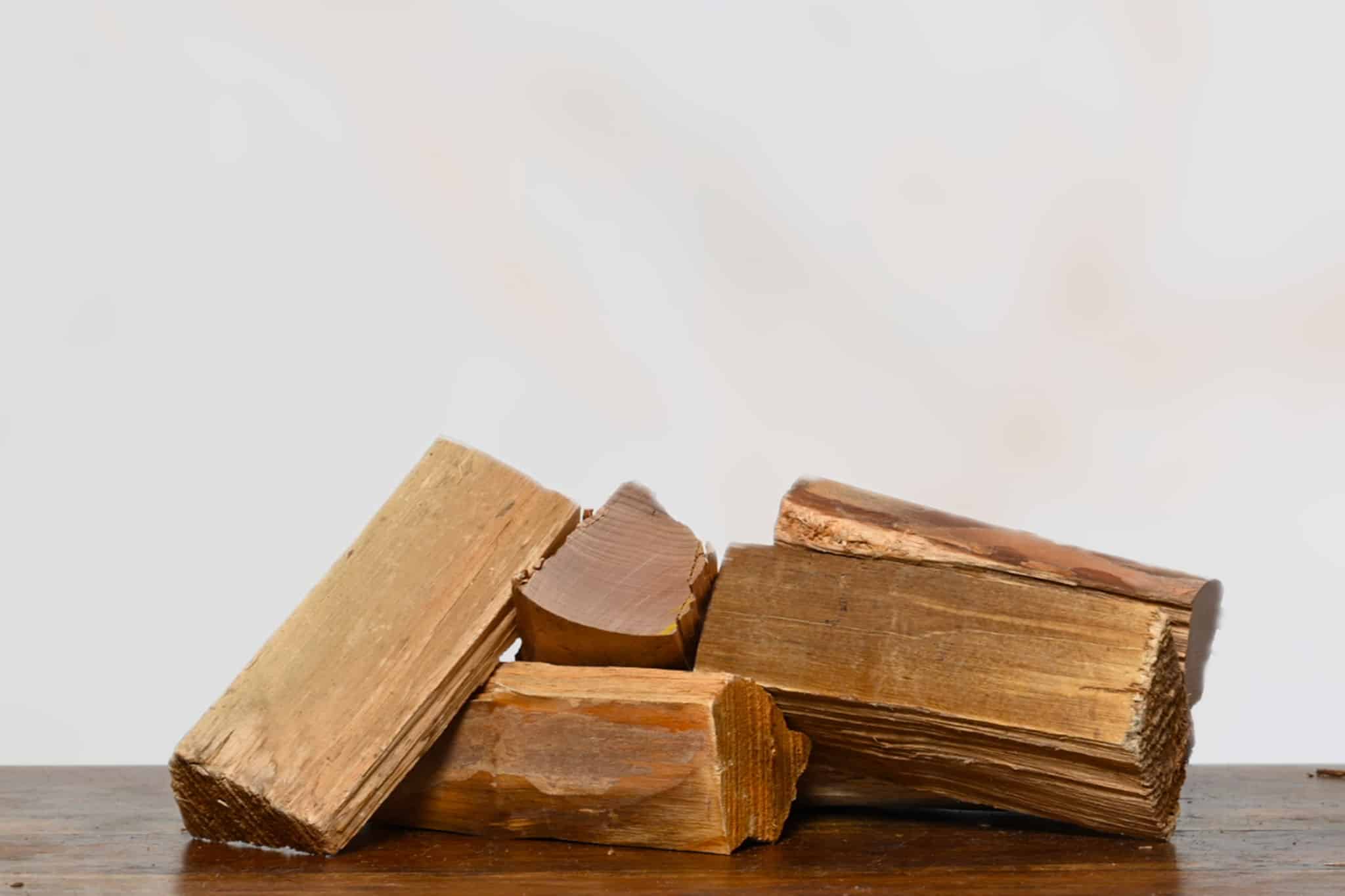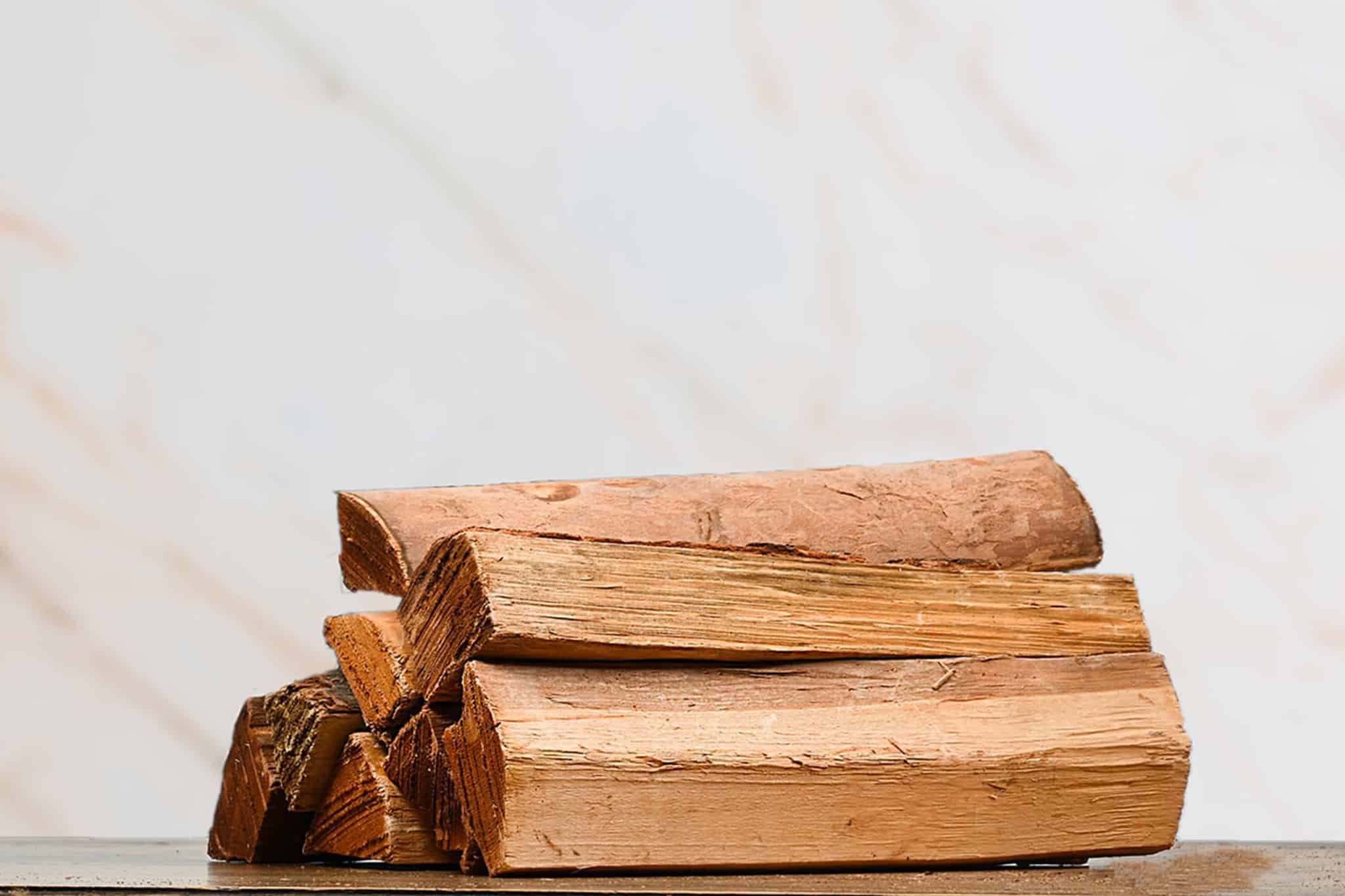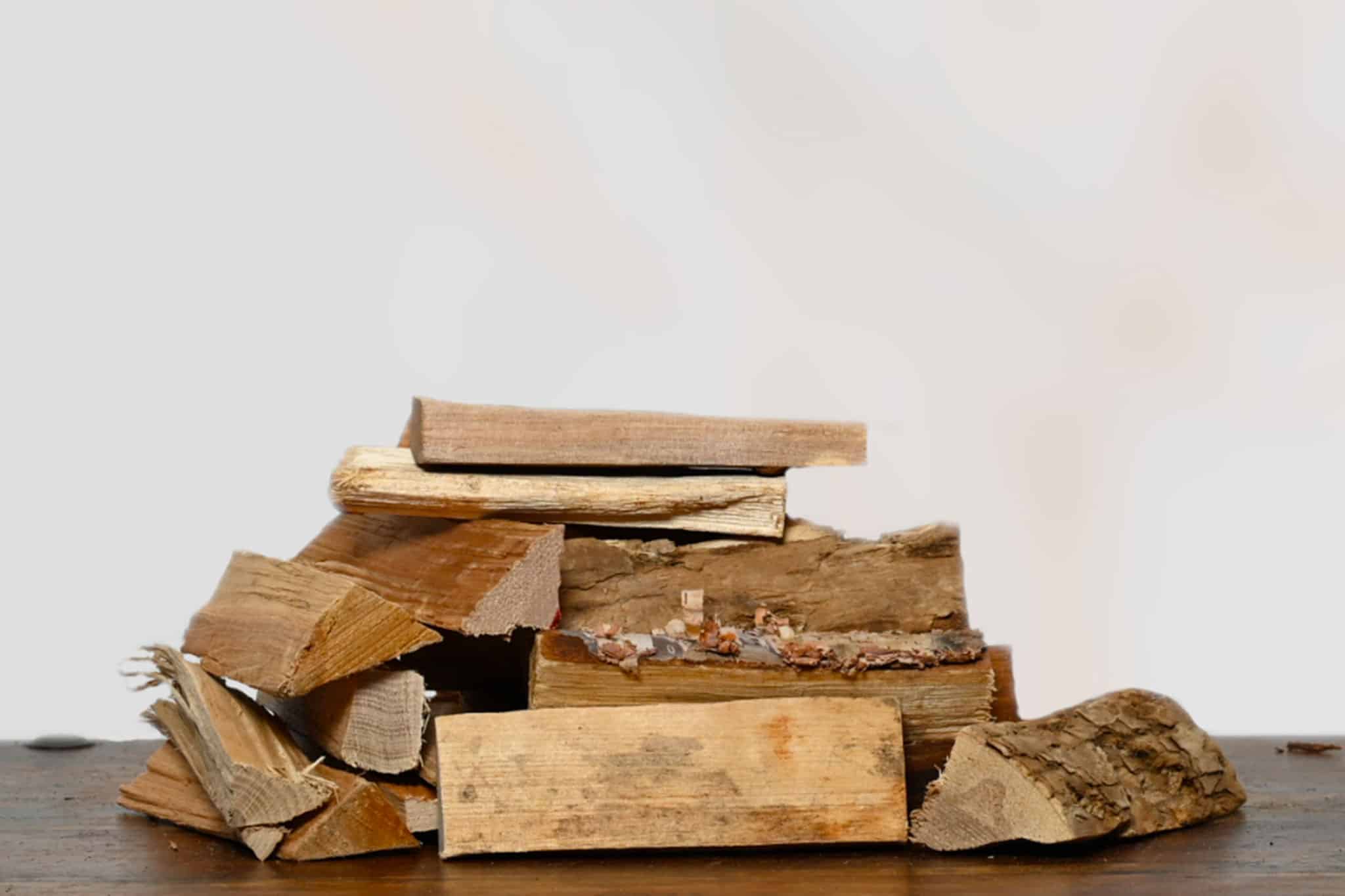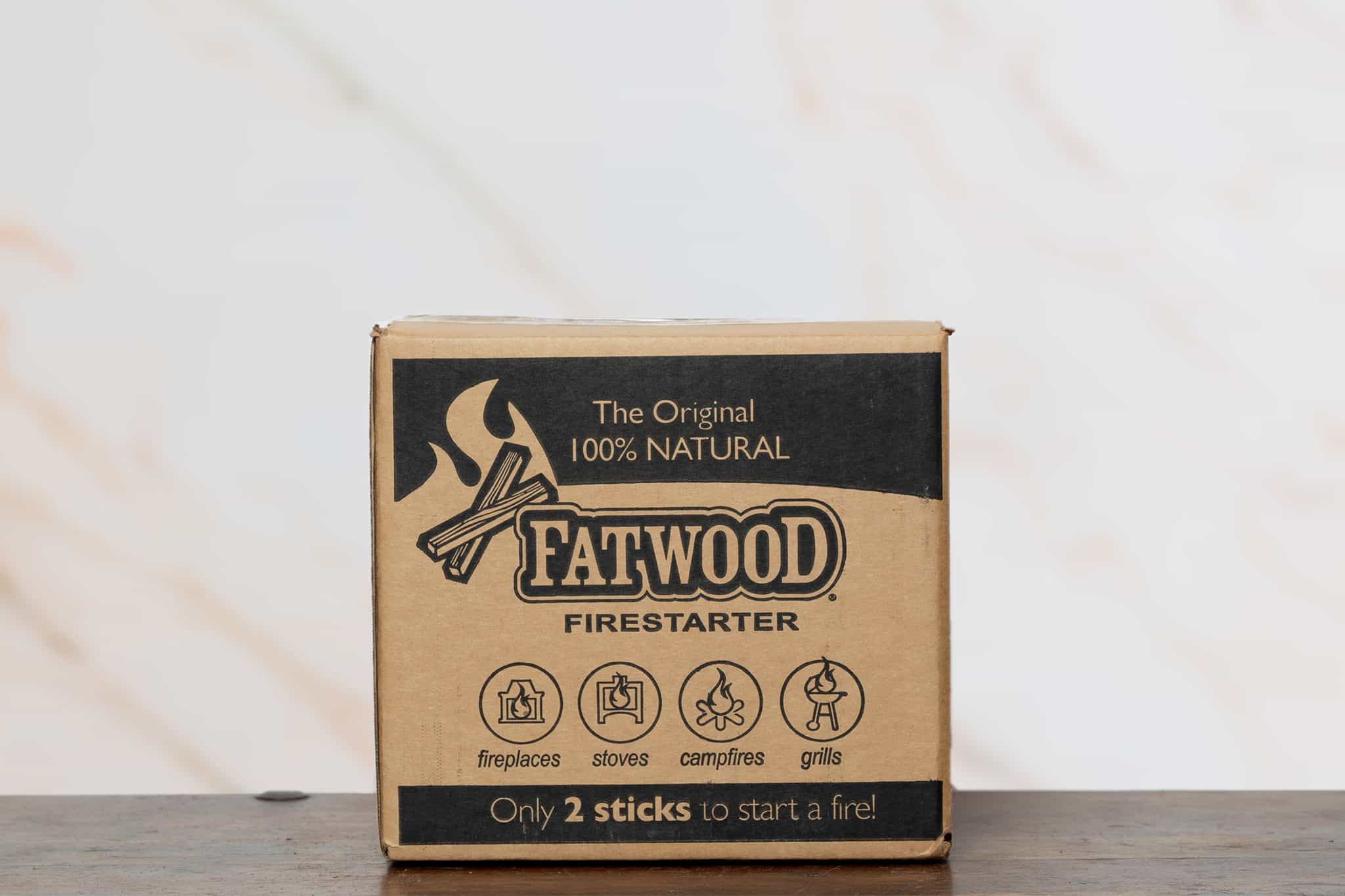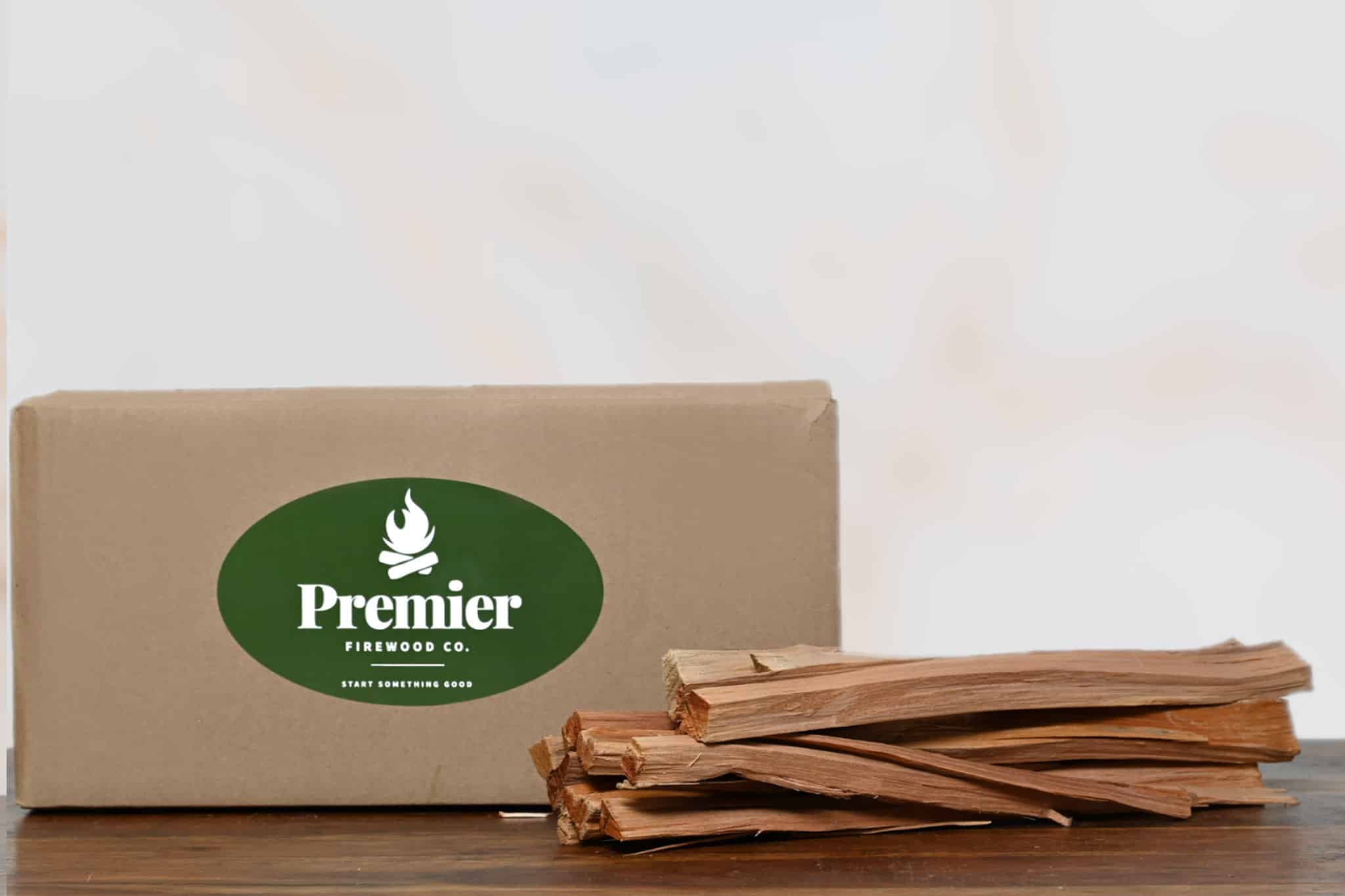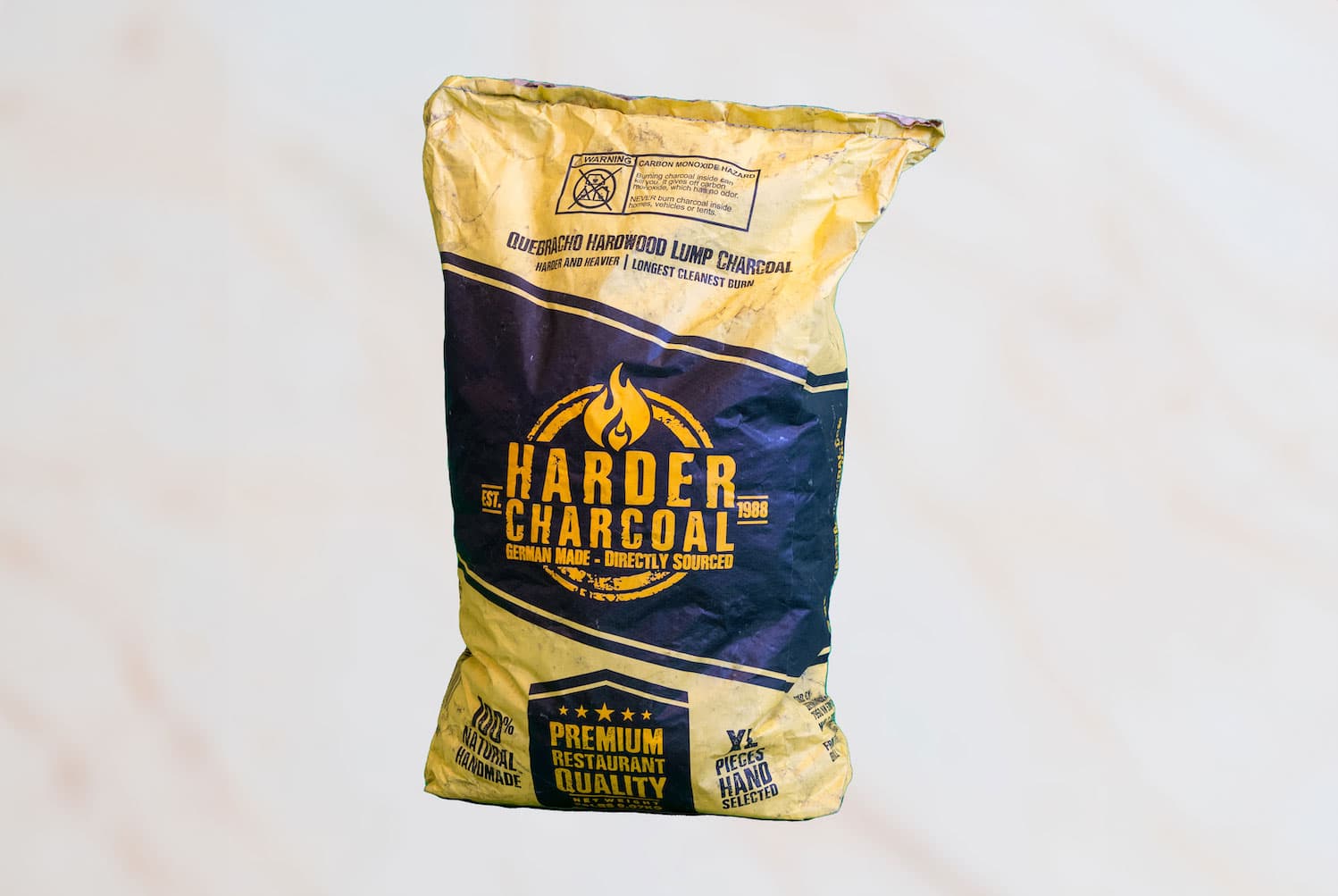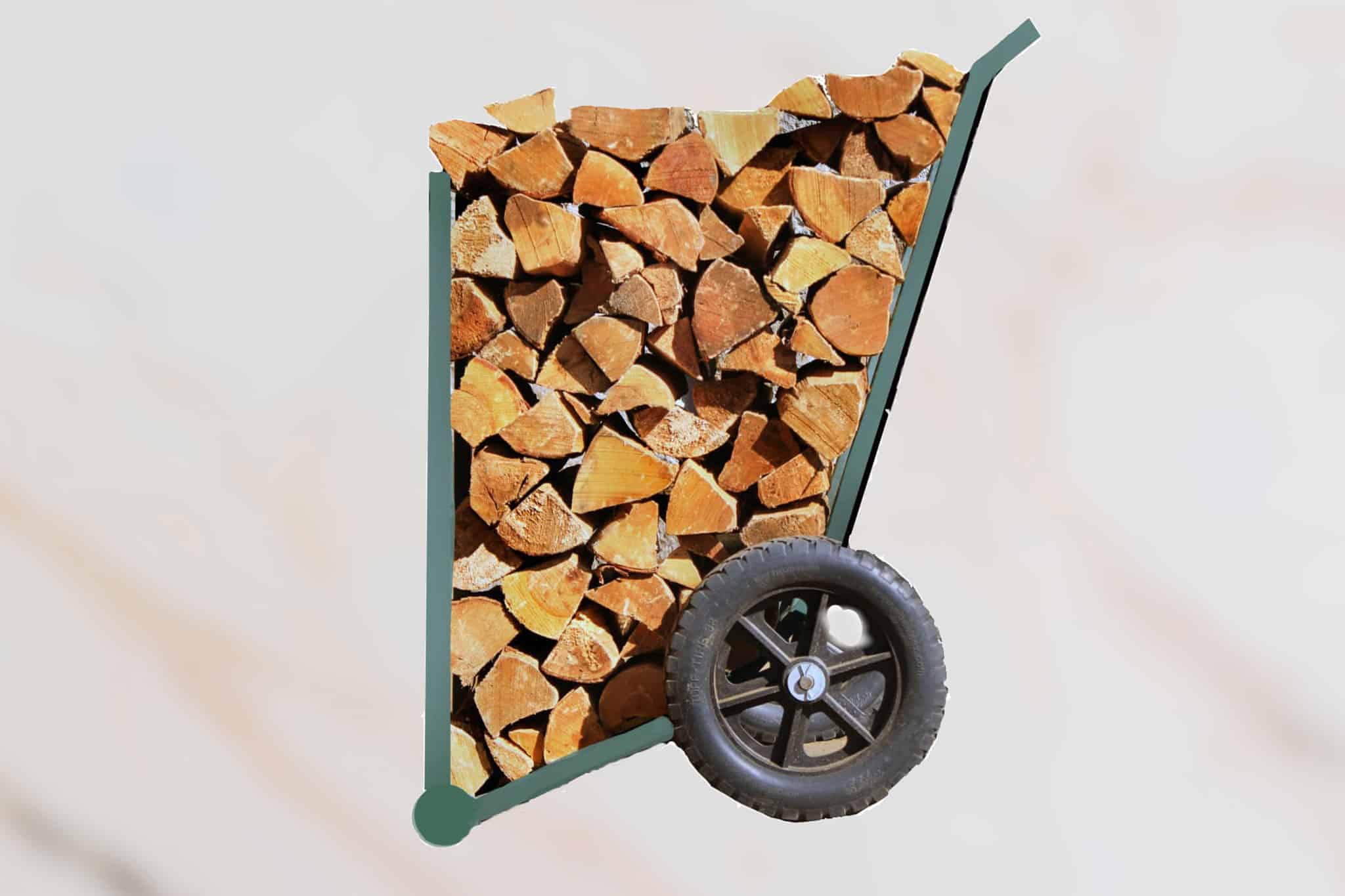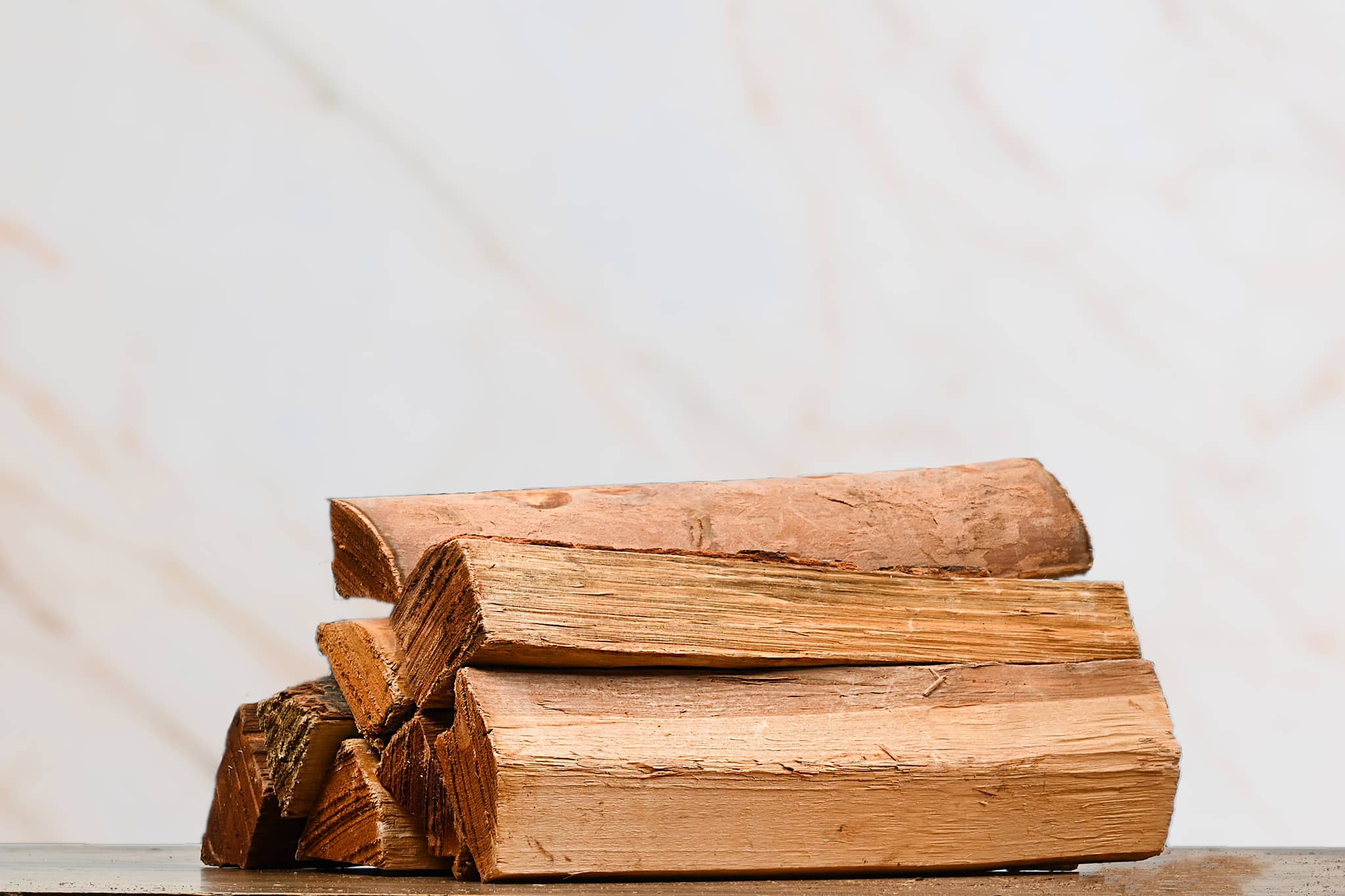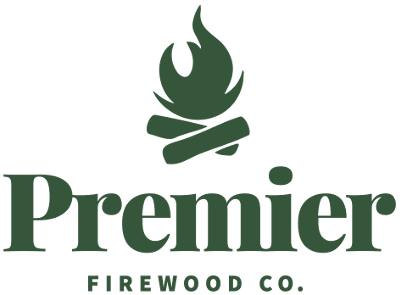Ready for the Burning Season?
The leaves are starting to turn and the air is beginning to feel cooler. Before you know it, nothing will sound better than enjoying the warm glow and soothing crackle of a wood burning fire! According to the Farmer’s Almanac, the winter of 2016-2017 is supposed to be colder than usual. The prediction is for more snowfall in the Northern tier of the country than last year. Make sure your fireplace is in tip top shape and ready to take on the increased frequency of use this winter.
Beware of the Chimney Fire
The most important reason you need to make sure your fireplace and especially your chimney is ready for this winter’s burning season is the prevention of the destructive chimney fire. The Chimney Safety Institute of America (CSIA) warns that dirty chimneys are responsible for the destruction of homes, property, serious injury and even death to homeowners. In some cases the homeowner can detect if a chimney fire is taking place when they hear loud cracking and popping noises, see dense smoke or notice an intense, hot smell. Warning signs can be very obvious (i.e a low rumbling noise, flames or smoke shooting from the top of the chimney). However, these are the exceptions.
Most of the time homeowners are not aware that a chimney fire has already happened. These are the most dangerous cases. With each fire, harmful creosote accumulates and a systematic deterioration of the fireplace/chimney structure takes place.
There are signs to look for to determine whether or not a chimney fire has occurred. A professional chimney sweep can help you be on the lookout for the following signs:
- Creosote is “puffy” or “honey combed” in shape
- The damper and/or smoke connector pipe is warped looking
- Flue tiles are cracked or in some cases missing
- Rain cap is discolored or distorted
- If applicable, TV antenna attached to the chimney is heat-damaged
- Flakes or pieces of creosote are found on the roof or around the base of the chimney
- Roofing material looks heat-damaged
- Exterior masonry has visible cracks
These signs can help you determine the severity of the situation, however, the best course of action is prevention. It’s best to stop a chimney fire BEFORE it happens.
7 Tips to Get Your Chimney Ready
There are things you can do during and immediately following the warm crackling fireside season to keep your chimney “healthy”. But, the most important thing is to look to the professionals to inspect and fix the things you can not see on a daily basis.
- Burn Seasoned Wood; use only completely dry wood, such as kiln dried firewood, that has been drying out for a at least 6 months. This will cut down on the amount of creosote being emitted up into your chimney during a wood burning fire.
- Clear Out Ashes; throughout the burning season clear out ash no longer than 4 days after your last fire by either by sweeping or vacuuming. It is recommended by Real Simple Magazine to sprinkle used coffee ground on top first to minimize flyaways.
- Hire a Chimney Sweep; either right after or before the burning season hire a certified chimney sweep to professionally clean your fireplace and chimney. The CSIA can help you find a certified sweep or technician in your area.
- Check the Chimney Structure; make sure there are no cracks, loose bricks or missing mortar on the actual chimney. A professional sweep can and should be checking for this during their service.
- Check the Chimney Cap; located on the top of your chimney opening, the cap keeps rain, debris and animals (such as birds and squirrels) out of your chimney, make sure the cap is fitted with a wire-mesh covering the sides and top.
- Check the Damper; the damper is the “door” that opens your fireplace up into the chimney, it is located inside, on the ceiling of your fireplace. It should not be bent and should able to close entirely. A properly closing damper will protect against anything that may get past the chimney cap and helps to minimize the flow of oxygen to your fire when you are ready for your fire to burn out.
- Clear Away Tree Limbs; branches overhanging the chimney, not only presents a potential fire hazard, they can “smother” the chimney’s opening, preventing proper airflow for ventilation of the wood burning fire in your fireplace.
If you follow these tips to care for your fireplace and chimney, you will get worry free comfort and maximum enjoyment out of this season’s fireside warmth.
Premier Firewood Company™ Has the Best Firewood for Your Burning Season
We offer the best kiln dried firewood in the NYC and CT areas at great prices, excellent service and convenience. Premier Firewood Company™ can deliver firewood to your residence or restaurant, and stack the wood for you at no extra charge. Give us a call today at 203-866-4252.
